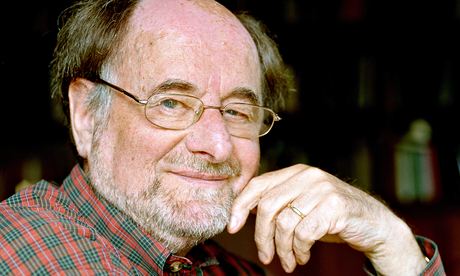
Roger Norrington turned 80 earlier this month. He's celebrating by touring an all-Mozart programme with the Zurich Chamber Orchestra, whose principal conductor he's been since 2011. He began with the first symphony, in E flat, K16, composed in London when Mozart was eight, and ended with the last, the Jupiter Symphony in C major, K551.
In Mozart at least, Norrington seems mellower, more pragmatic these days, still keen to put his own very distinctive slant on everything he conducts, but not going out of his way to shock or to be controversial. The way he eased into K16 was distinctly gentle, and while the Zurich orchestra has clearly taken on board some of his ideas about historically informed performance – the wind stand in a semicircle behind the strings, who are sparing with their vibrato – but the woodwind use modern instruments and there is not a natural horn or trumpet to be seen.
The showman is still there – in the way that he prompted the fugal entries at the end of the finale of K551, like a conjuror displaying his prowess to his fans – while some of the fine detail, such as the little crescendos and diminuendos in the opening bars of the same symphony, was fascinating. But it was all a bit subdued – the Jupiter really needs to bristle and swagger a bit more than Norrington allowed.
In between there was a piano concerto, the C major, K467, with Jonathan Biss as soloist. Biss played with his back to the audience, Norrington seated at the other end of the piano facing him, and the orchestra in semicircles around them. It conveyed a real sense of chamber music-like intimacy, and the performance had a fresh, lively feeling. Tempi were generally on the quick side – the slow movement seemed more like an allegretto than an andante, with no suggestion of the dreamy idyll that some pianists create – though the concerto was never driven hard; Biss seemed happy to go along with Norrington's laid-back approach.
• Did you catch this show – or any other recently? Tell us about it using #gdnreview

